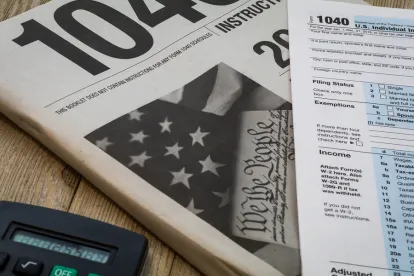Internal Revenue Code section 6751(b) provides that no penalty shall be assessed under the Code unless the initial determination of such assessment is personally approved (in writing) by the immediate supervisor of the individual making such determination, or such higher level official as the Secretary of the Treasury may designate. This section defines penalty as any addition to tax or any additional amount. The requirement for prior written approval does not apply to penalties for failure to file a return or pay tax, or to penalties that are automatically calculated through electronic means, but does apply to negligence and substantial understatement penalties, as well as the “responsible party” penalty for failure to withhold or remit payroll taxes.
In Graev v. Commissioner, 140 T.C. 377 (2013), the IRS imposed accuracy related penalties on a taxpayer. The taxpayer argued that the penalties were invalid because no supervisor’s approval was obtained. The Tax Court ruled in favor of the IRS, stating that the taxpayer’s challenge was premature because the IRS could comply with approval requirement any time before the Tax Court issued a final determination. The Graev case was appealable to the Second Circuit Court of Appeals.
In Chai v. Commissioner, 851 F. 3d (2nd Cir. 2017), the Second Circuit Court of Appeals held that Code Section 6751(b) requires the IRS to obtain written approval of an initial penalty determination no later than the date that the IRS issues a notice of deficiency or files an answer asserting the penalty. In light of the Second Circuit decision in Chai, the Tax Court issued a supplemental opinion in Graev v. Commissioner, 149 T.C. 485 (2018) and reversed its prior holding regarding Code Section 6751(b). In the supplemental opinion the Tax Court held that under Code Section 6751(b), the IRS must obtain written supervisory approval of an initial penalty determination no later than the date that the IRS issues a notice of deficiency or files an answer and that the Government bears the burden of showing that it has complied with Code Section 6751(b).
It is likely that the IRS is now aware of this requirement and will seek the required supervisory approval. However, taxpayers should challenge any penalty covered by Code Section 6751(b) and require the IRS to provide proof that the required written supervisory approval was timely obtained.





 />i
/>i

